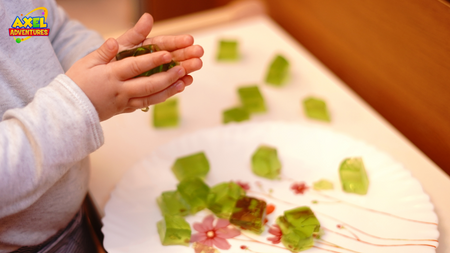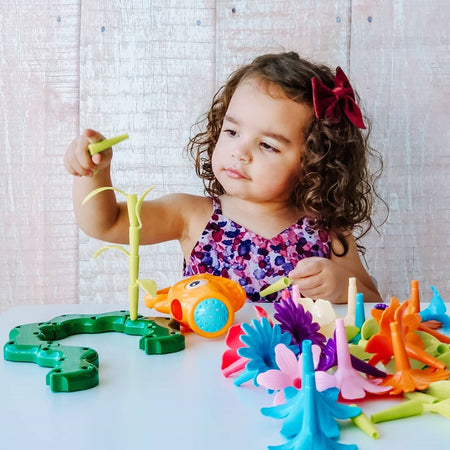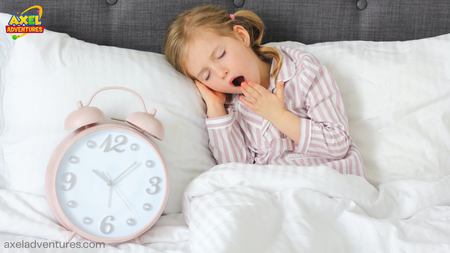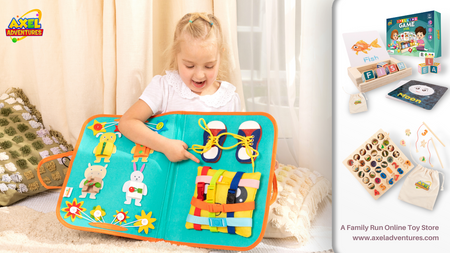
Toddlers:
Toddlers like to feel useful, so clear some cupboard space and fill it with your child’s
plastic eating utensils, wooden spoons, pots, pans and mixing bowl. Make sure it’s
at child level so they can access it at will, along with some pasta they can ‘cook’ with.
Leave cloths, dustpan & brush within easy access so they can ‘help’ you clean and
allow them to wash clothes in a basin.
This age group has a keen eye for the smallest things, so if you are not self isolating,
a trip to the park, woods or beach will keep them amused for hours as they hunt out
shells, bugs and other treasures, alternatively the same can be done in the garden.
Another curious toddler interest is sorting stuff – laundry into piles, different coloured
- shaped pasta into groups, toys into categories, cutlery drawer, shoes into pairs –
So root out and create jumbles of items for them to sort.
Top tips for toddlers
-
Allocate jobs
-
Use educational TV
-
Keep them active when indoors by having jumping, skipping, dancing sessions - it will tire them out and give you a bit of a workout too.
And when the TV needs to be turned on, you can’t beat old favourites like Sesame Street and The Muppets and our favourite The Best of Toddler Fun Learning (all free on You Tube).
Ages four-six
This age group is still wonderfully curious and aside from the usual baking activities, my guys also “helped” with dinner – with plastic utensils, they chopped and peeled, stirred and mashed. This not only kept them busy and by my side while I was cooking, but it also gave them a sense of achievement and the motivation to eat what they had prepared.
I would encourage everyone to relax the rules over the next few weeks and allow kids to spread out their playing space – setting up various worlds involving dinosaurs, soldiers, dolls, trucks, farm animals, whatever, can take hours and even if the actual game only lasts 30 minutes, trust me, they will spend forever setting the scene.
Dens in the living room or bedroom are always fun and once set up can be a magical place to bring books and treats.
Drawing pictures, or printing outlined images off the internet for colouring in are always good for keeping busy, and when you need a solid hour to finish some work, there are some great educational programmes on Netflix and You Tube such as The Magic School Bus and Ask the Storybots.
Top tips for ages four-six
-
Making dens and forts
-
Colouring in/creating worlds for their toys
-
Help with meals

Ages seven-nine
Bill Nye the Science Guy and Octonauts are good shows for this age group but of course there’s only so much screen time they can and should have. I found that “nature/treasure hunts” were a big hit, and wrote lists of things to find in the garden, such as “2 long twigs, 4 daisies, 3 smooth stones” (Substitute words with drawings for the younger age group). This, armed with a “picnic” (some snacks) will keep them busy for ages.
If you haven’t got any outdoor space, get them to find different things around the house and bring to you for inspection (make sure it’s a long list).
The nature haul can be turned into an art project (outdoors if possible but with newspaper over the kitchen table, if not). Stones can be turned into ladybirds, twigs painted to make a display, flowers pressed and bugs photographed and returned to the wild.
Original article here: https://www.irishtimes.com/life-and-style/health-family/parenting/coronavirus-how-to-keep-children-happy-learning-and-entertained-at-home-1.4202320







